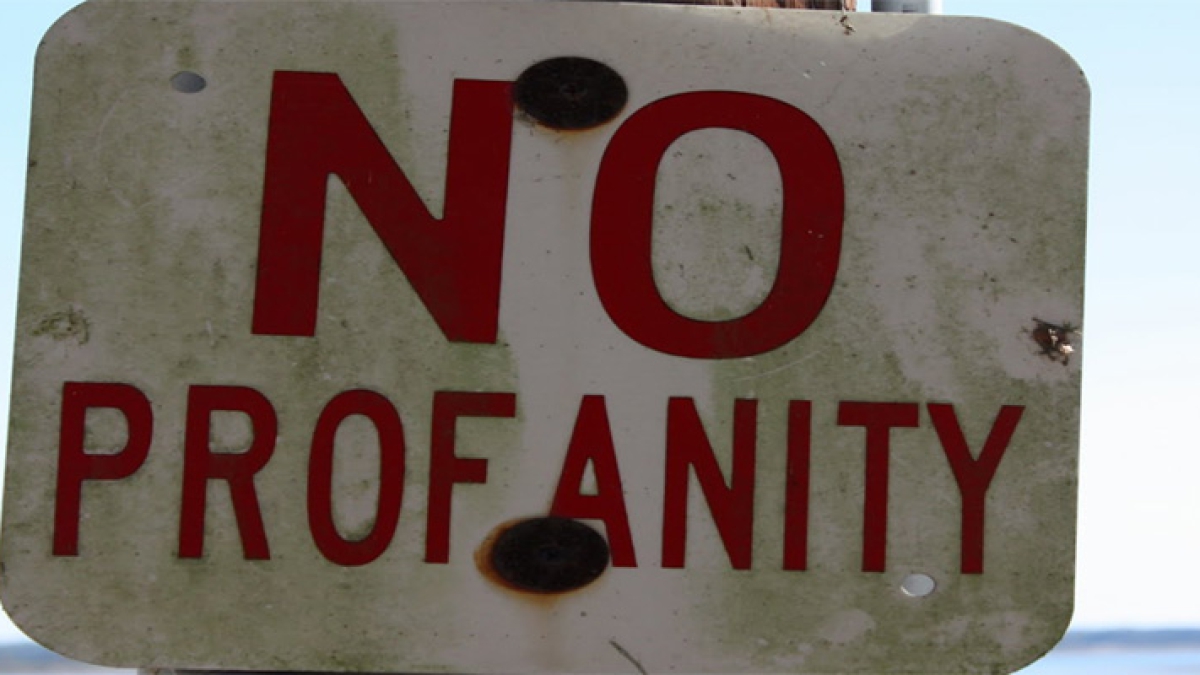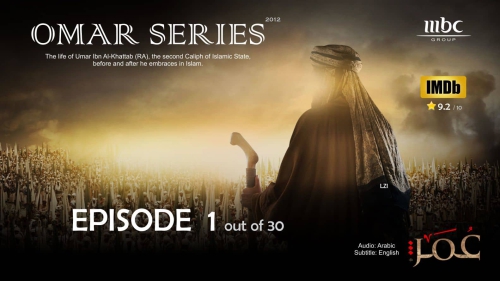Do We Mind Our Language?

"Every religion has a distinct moral call and the moral call of Islam is haya." [Hadith Bayhaqi]
Haya is an all-encompassing Islamic concept that includes modesty, decency, and inhibition against sin. It is an inner feeling. A state of mind that reflects itself in myriad ways. Among other things, it shows itself in the language one uses.
How should one communicate about morally sensitive and delicate subjects? Anyone can be crude, explicit, and vulgar. But Islam civilizes this aspect of our life also and teaches us to be refined, subtle, and indirect. As a result, the language of Islamic societies has been the language of haya. They do not talk about some subjects, (not publicly at least), not because of ignorance, but because they know. When there is need to talk about sensitive subjects, they are mentioned in a language that is as fully clothed as decent men and women should be.
Such haya in the language is both a consequence of and a contributor to the haya in the society. It is difficult to nurture haya in actions if it is not cultivated in words also. The life of haya requires an environment of haya and our ways of communication are a very important determinant of that environment. Thus, it stands to reason that the discourse of a people whose distinct moral call is haya would also reflect that cherished distinction.
Today, three factors have begun to change this. First, there is blowback effect from emerging Muslim presence in Western countries. The languages and the discourse here have had as much regard for haya as one can find on a hot summer day on a beach in Europe or the USA. The prevailing forms of expression about delicate issues are as subtle as a sledgehammer. This is inherent inability of the language in its current state of development. Moreover, being explicit and crude is considered a virtue by the "open society." To its convoluted logic inhibitions are a sickness and having taboos is taboo. The atmosphere is clearly hostile to haya. Unfortunately, as emerging communities within this landscape Muslims have had little time for scrutiny; they have borrowed the vocabulary and idiom without questioning.
Another reason for this attitude is the "accent complex" of immigrant communities. Immigrants know that their acceptance in the society depends upon their ability to speak the language like the natives. This builds pressures for assimilation as far as language is concerned. When it remains within healthy limits it provides a positive force for gaining command over the language. But when it exceeds those limits it becomes a complex: We just don't want to sound different. Period. That is why many of us avoid benedictions when writing in English, even though that has been a cherished and extremely valuable Islamic tradition. That is why we avoid titles of respect in places where we would be routinely using them if we were conversing in Arabic, or Urdu, or Farsi, etc, etc. And that is why it does not occur to us to deviate from the prevalent modes of expression even on intimate subjects.
One can see the results of this attitude in the most unlikely places: Jumma Khutbas, religious talks and writings, and religious discussion groups. Normally we do not recognize these changes because we have become accustomed to them. So one example might help. In 1947, when British India was partitioned into Pakistan and India, rogues and fanatics targeted women in addition to men and children. The tragedy was remembered, but it was always referred to as the 'violation of women' or 'sacrifice of honor'. In contrast, during the Bosnia tragedy, everyone was using the R-word. Matter of fact. Mechanical. Indifferent to haya.
This is just a symptom of a widespread problem. One can routinely find today in the religious Q & A columns published in Muslim newspapers and magazines, explicit language about the most intimate matters. In the past, such issues were discussed only privately, or in specialized text. They were never considered appropriate for mass media.
Second, the emerging communication technologies, because of the lopsided international power structure, have effectively put Muslims at the receiving end of the global media. This global media is alien to the ideas and ideals of haya. It is spreading its haya-hostile language with impunity. To make matters worse, most Muslim media outlets today act simply as clipping services for the global media. All they can do is translate and in doing that they are unwittingly (carelessly?) creating a new haya-neutral or anti-haya vocabulary even in the languages which hitherto were influenced by Islamic moral teachings. Thanks to the careless Muslim journalists, the R word has become a common word in Pakistan also.
The issue of media is, of course, a much bigger issue. Our subservience here has crippled our ability not only to know about ourselves but also to think for ourselves. We let the labels carefully crafted by the global media machine to color our understanding of the world around us. We let its language, its images, its tone, and its modes of expression dictate to us what we will focus on and what we will talk about and how, when we do.
Third, there is a deliberate effort by big powers to destroy the moral fiber of all societies, especially the Muslim societies, for strategic reasons. The machinery of this social engineering project is gigantic and one of its main goals is to corrupt the discourse by using all means possible. The notorious "sex education" and "family welfare education" schemes are just one example of this effort. The NGO's (Which are in fact FGO's or Foreign Government Organizations), the international "aid agencies", and the UN have been working feverishly to introduce all the wrongs in the name of "rights". Together they act as one big Commission For the Elimination of All Forms of Haya And Morality From the World. Sadly they have discovered that most obscene of ideas and expressions magically become legitimate, even respectable, when broadcast from their "respectable" platforms.
Overall, the result has been alarming. It is robbing our children and youth of their innocence. It is robbing our societies of their sense of haya and Islamic morality. When a people forget their distinct moral call, they are a people lost. We should watch our language before we talk our way into that disaster.

















